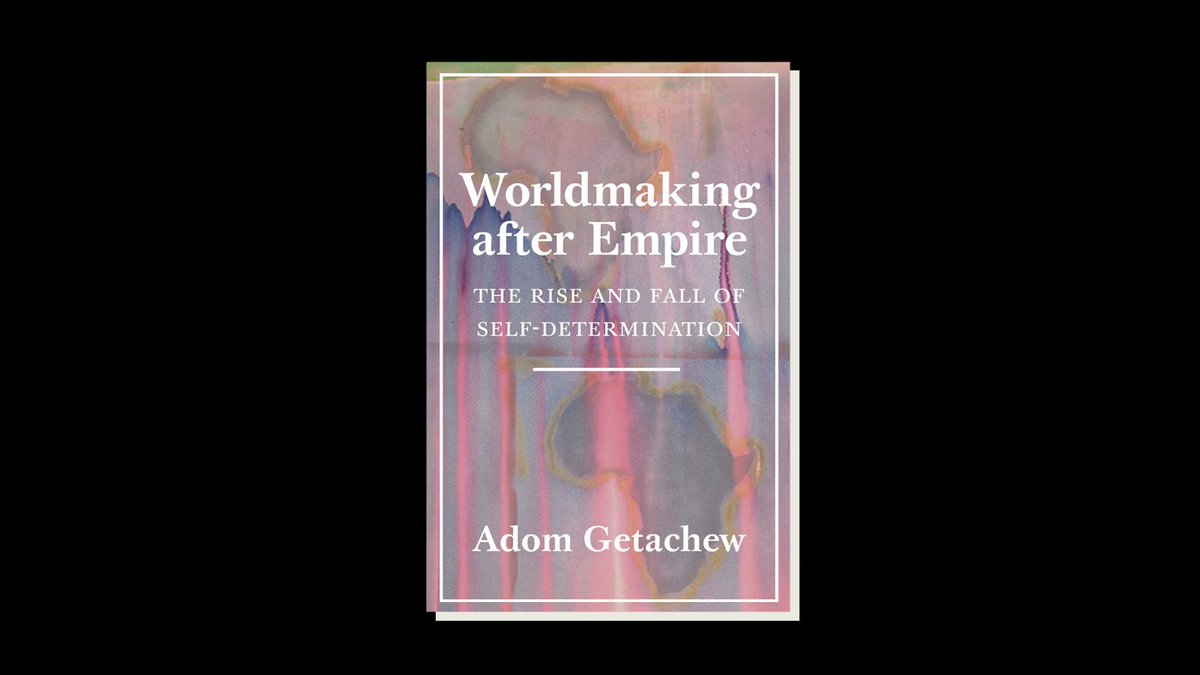
World Trade Organization members have been meeting in Geneva all week to discuss a range of topics impacting global trade. Will the WTO reach a deal to end subsidies that promote overfishing? Here’s a look back at some important context. 🧵
2/ For decades, trade ministers have tried to reach a consensus on #FisheriesSubsidies, which have led to depleted fish stocks in the world’s oceans: foreignpolicy.com/2020/05/05/wto…
3/ With 164 members and the rule that any agreement requires consensus among all of them, the WTO is handcuffed. Here’s a closer look at why:
foreignpolicy.com/2022/06/14/inf…
foreignpolicy.com/2022/06/14/inf…
4/ Numerous communities around the world depend on fishing for their economic survival. Listen to Episode 1 of The Catch, in partnership with the @WaltonFamilyFdn, to hear how local fishermen in Paita, Peru, are faring: podcasts.apple.com/us/podcast/par…
5/ These communities are increasingly being pitted against large scale distant-water fleets. This is one of the key disagreements in the WTO fisheries debate. Here’s how it’s playing out in Latin America: foreignpolicy.com/2020/10/30/chi…
6/ Locals in Paita, for example, are vying for more support from their leaders. Listen to Episode 2 of The Catch to hear how this local economy depends on fishing for its survival: podcasts.apple.com/us/podcast/par…
7/ Subscribe to FP to stay up to date on the #WTO negotiations. To hear more about fishery subsidies and how the global community responds, listen to The Catch every Wednesday wherever you get your podcasts: podcasts.apple.com/us/podcast/the…
• • •
Missing some Tweet in this thread? You can try to
force a refresh












